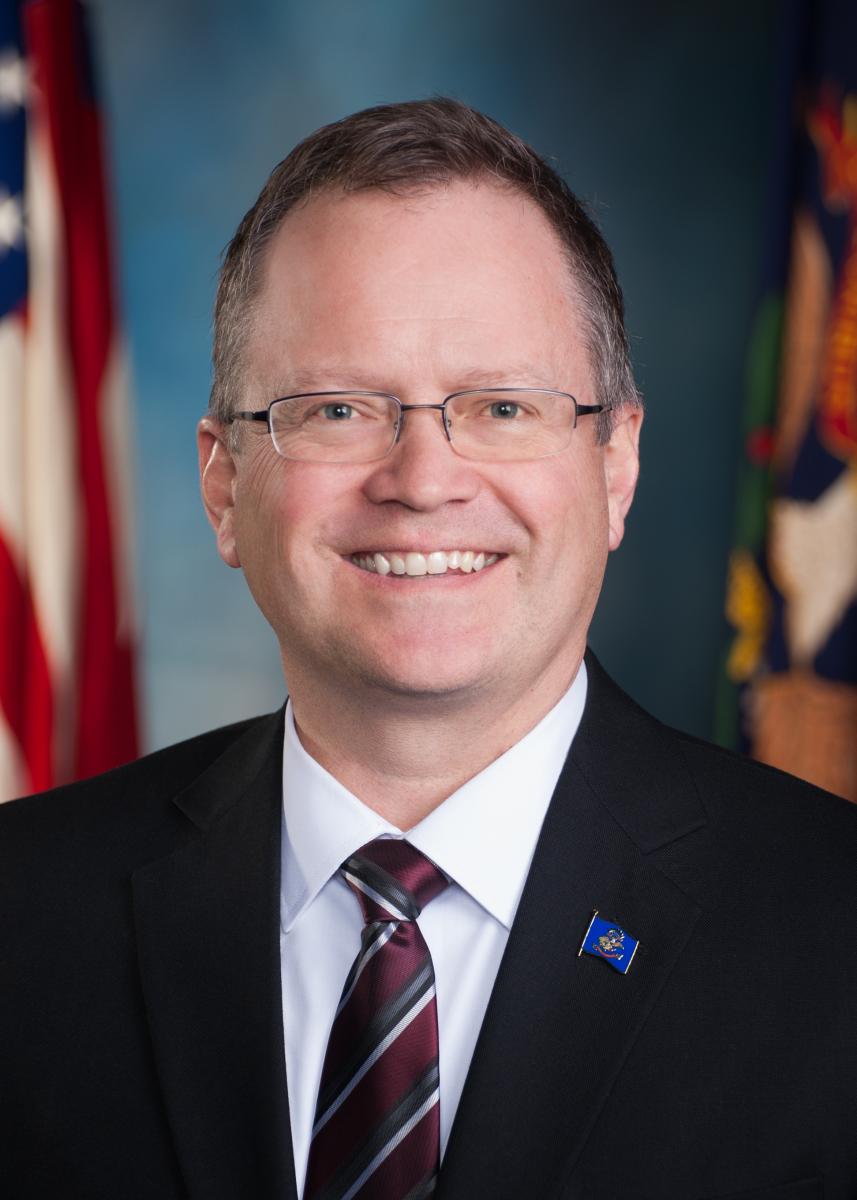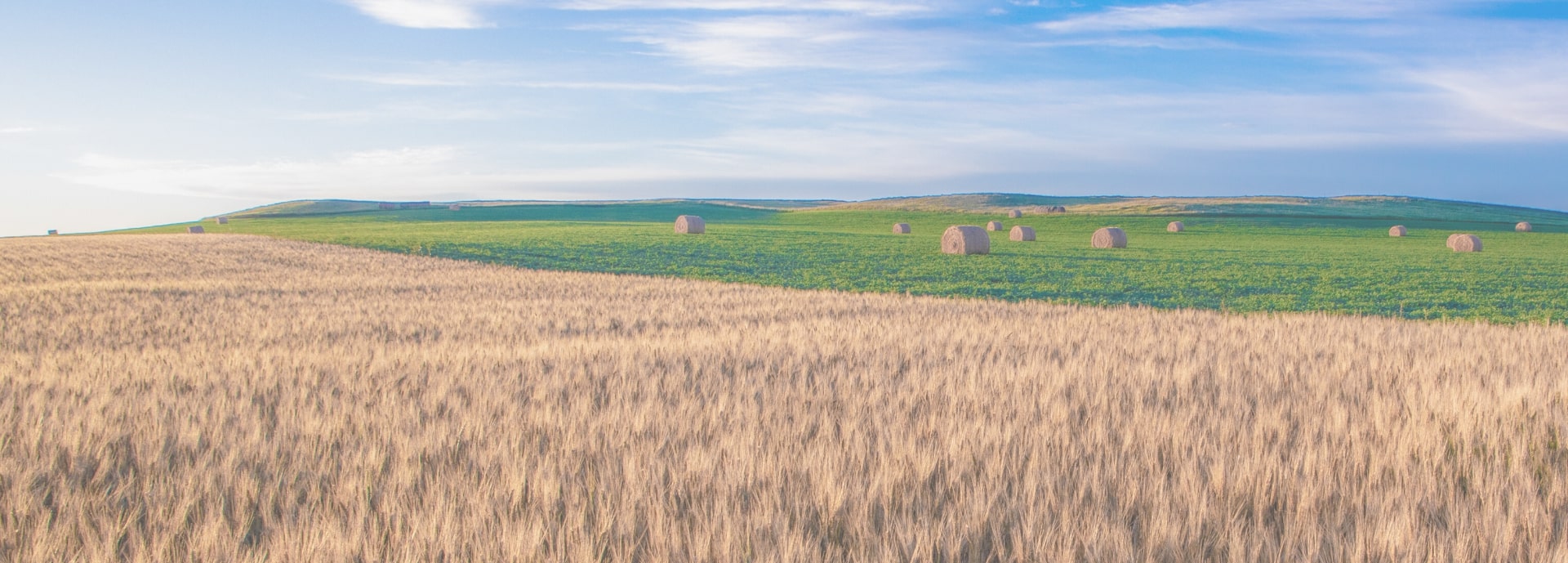Kevin Cramer and Heidi Heitkamp penned dueling Farm Bill op-eds for the Bismarck Tribune and the contrast with Heitkamp’s op-ed could not be more clear.
While Kevin Cramer focused solely on North Dakota’s farmers, Heidi Heitkamp seems exclusively focused on Kevin Cramer. Look no further than the fact that Heitkamp’s piece criticized Cramer more times than she used the word “farmer.” Heitkamp also attacked President Trump’s supported version of the farm bill, wrongly calling its commonsense reforms “poison pills” that would create a “burdensome bureaucracy.”
Her dark and divisive tone comes amidst a recent slew of bad news for Heitkamp, who used this op-ed to yet again play politics with North Dakota’s agriculture community. Heitkamp has devoted her entire campaign to stoking fear into North Dakota’s farmers and previously called a win for them “politics at its worst.” These are not actions North Dakotans want from their Senators.
Unlike the relentlessly negative rhetoric of Heitkamp, Kevin Cramer’s op-ed focused on the substance of the bills and the work the House accomplished. He also notes his position on the important issues in the bill came directly from conversations with constituents, saying, “I have always believed the best solutions to our nation’s problems don’t come from Washington, they come from people that walk our streets and plow the fields in North Dakota.”
In case you missed it…
Cramer’s Farm Bill priorities for North Dakota
Rep. Kevin Cramer | Bismarck Tribune
8.26.18
Here’s some good news for North Dakota! Our state’s entire delegation was appointed to serve on the 2018 Farm Bill Conference Committee. I am honored to join Sen. John Hoeven and Sen. Heidi Heitkamp in representing the interests of North Dakota in this very important process. This rare achievement is politics at its best and will serve North Dakota well. I look forward to meeting with all the conferees to hammer out our differences and produce legislation worthy of our hard-working farmers and ranchers.
The choice between the House and Senate versions of the Farm Bill is really good versus good. Neither is that far off from one another on the conservation title or commodity titles; and, both bills maintain the status quo for crop insurance as well as the sugar program.
Along with reauthorizing these important programs, the House version of the Farm Bill repealed the onerous Waters of the U.S. rule. Although North Dakota and 23 other states continue to benefit from a stay of WOTUS while the rule is being litigated, the 26 remaining states are once again under its yoke thanks to a decision by a South Carolina court. Notwithstanding the skill demonstrated by Attorney General Wayne Stenehjem in leading the litigation fight, the recent South Carolina decision reinforces the need to legislatively stop this extreme environmental regulation.
As our farmers know all too well, former Agriculture Secretary Tom Vilsack’s implementation of the Agriculture Risk Coverage Program was materially harmful to too many of our producers, and only exacerbated by his refusal to correct his mistakes. Thankfully, we have a new sheriff in town, as clearly demonstrated by Secretary Sonny Perdue’s visit to Fargo just this past March and his discussion of this and other topics important to North Dakota. My bill, H.R. 4654, which is a part of the House Farm Bill, simply requires the secretary to prioritize average county yield data from the Risk Management Agency over the National Agricultural Statistics Service where such RMA policies are offered.
Unfortunately, Swampbuster, like WOTUS, is notorious regulation many of our farmers and ranchers know too well. My legislation, which is included in the House version of the Farm Bill, requires USDA to define minimal wetland thresholds within six months, and must apply them before they can allege wetland conversions against our producers. Hopefully we can reintroduce some common sense to this onerous policy.
Due to conversations with constituents, Commissioner Doug Goehring and I, along with representatives of the RMA, spoke with ranchers about problems associated with the pasture, rangeland, and forage crop insurance instrument. The common denominator was lack of rainfall data. As a result, I had included within the House Farm Bill a requirement for RMA and the National Oceanographic and Atmospheric Administration to evaluate the coverage considering alternative data collection methods to improve this lack of data.
As any producer can tell you, access to capital is key to any robust operation. Both the House and the Senate versions of the Farm Bill reauthorize the Farm Services Agency’s Loan Guarantee Program. Additionally, the House version increases the Farm Ownership and Operating Loan Program loan limits from $700,000 to $1,750,000.
I’m looking forward to working through this process to create a Farm Bill that provides much-needed long-term certainty for our ag community. My priorities are to maintain crop insurance protections and the sugar program along with improving ARC, repealing WOTUS and getting Swampbuster back on track.
Many of these important issues were brought to my attention during my travels across North Dakota and in my talk radio town halls. I have always believed the best solutions to our nation’s problems don’t come from Washington, they come from people that walk our streets and plow the fields in North Dakota.
###



